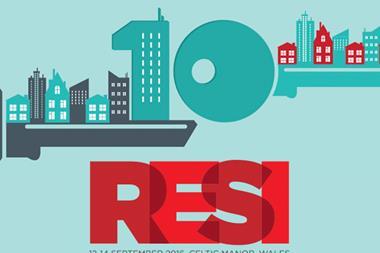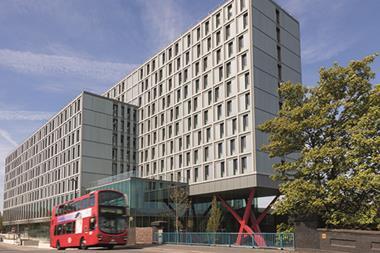In a Melania Trump moment, I’m going to borrow someone else’s words.

These ones are from a 2013 London Assembly report I recently stumbled across: “In the three decades following the Second World War, councils built around half of the new homes in England. In the last 10 years, they have built less than one half of 1% of new homes.”
Admittedly, if you look around, they may not have done the best job ever, but I think the problem’s a bit bigger than that now.
Despite having the good fortune of spending considerable time debating the problems and solutions to our housing needs with the powers that be, I have never once heard anybody suggest the idea of local authorities building or developing their own homes; but why not? Here are my initial thoughts:
- Alignment of interests: I’m an eternal pragmatist, and think the capitalist system is probably the best of a bad bunch, but I feel we’re waking up to the fact that the system fundamentally misaligns the social and financial intentions when it comes to housing. We try to balance the two with rules and assessments, but frankly it’s not working. If the person wanting the financial and social returns is the same person, isn’t that a whole lot easier?
- Financial stuff: This is really, really important, what with budget cuts, etc. Imagine what a local authority could do with that 15% or 20% of profit the private market makes. It could either be used to ‘pay’ for more social upside, or basically anything else good. Also, government borrowing is much more attractive than going out to the private market.
- Economies of scale: The buying power for a borough-wide, citywide or maybe nationwide development corporation would be phenomenal. We should bring in the private sector’s brilliant minds and approach, and derive the best possible value from them.
- Jobs: Not only will local authorities create more of them, but they can choose who gets them and can ensure a job for life because, well, we’re going to have to build houses for a long time yet to catch up. This means an investment in skills and people. With our decision to Brexit, this has become a little bit more important.
I appreciate that it’s not all sunshine and roses. The local authority planning process suffers for want of talented planners, and the fear is that setting up a development and construction function internally would face the same issues.
All I would say to this is that the best talent is driven by doing amazing things. If millennials are shifting towards ‘conscious capitalism’, then the proposition will only become more compelling. And if it’s less about squeezing that extra percentage on internal rates of return, we can do some really creative stuff.
Join the debate on the future of housing at RESI 2016
I believe that the secondary effects are potentially huge. For starters, it would force the private market to do what it does best and innovate, developing different products to enable it to compete. This would no doubt propel more innovative products such as co-living and micro-housing, and instil the importance of quality service into the private rental market.
Taking this one step further, the idea of a truly innovative joint venture with a local authority that encourages creativity and embraces bold ideas is a tantalising prospect for the UK housing market. Furthermore, with suitable sites for new developments in short supply, a joint venture with a local authority is something that my company would certainly consider as we look to roll out our co-living product to other locations in the future.
At the moment local authorities’ hands are tied, and unless you can afford to incur the costs required to submit an OJEU tender submission then there’s no point.
James Scott is COO at The Collective

































No comments yet